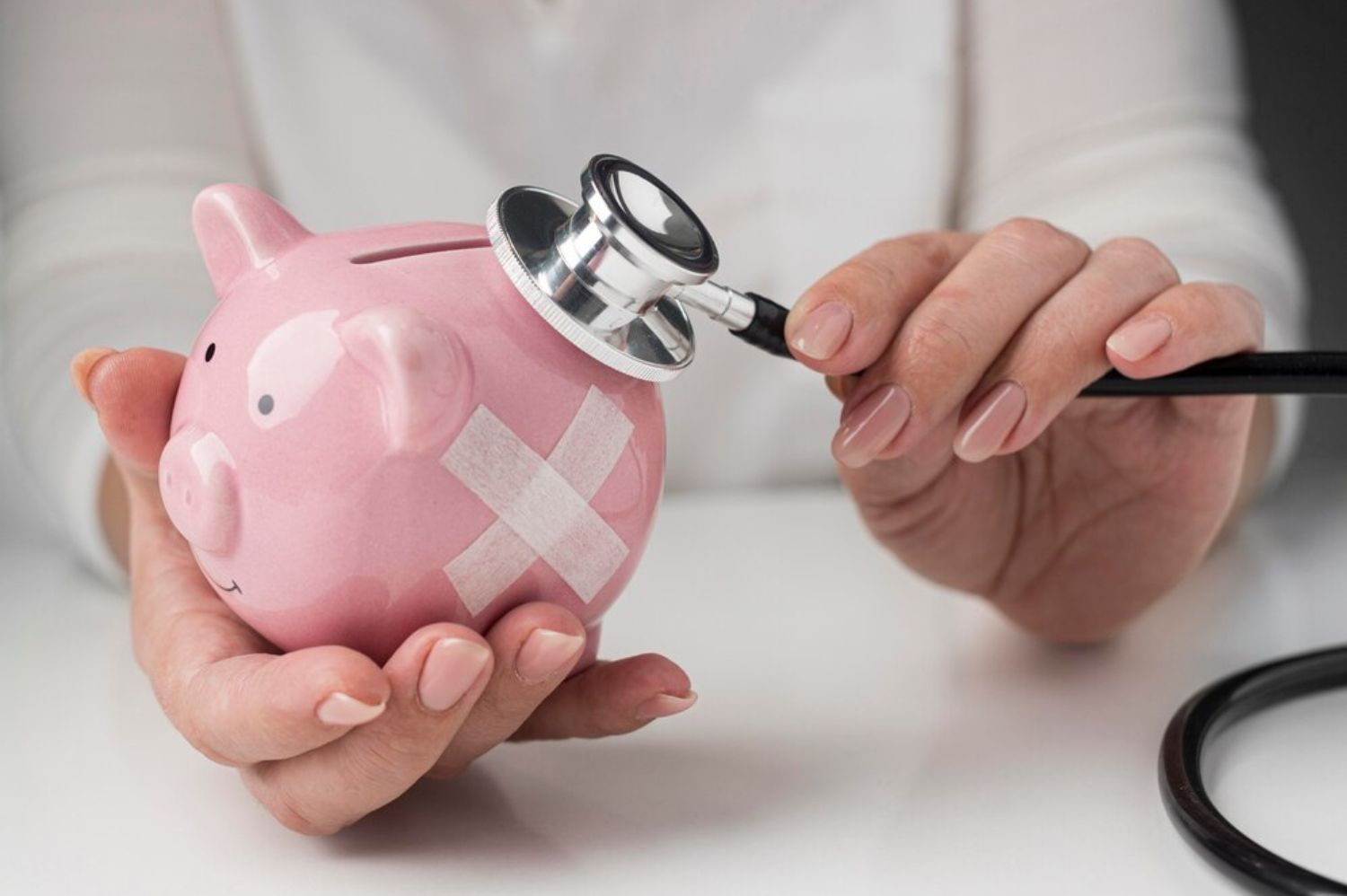Complete Guide to Creating and Managing Your Emergency Fund

Having an emergency fund is essential for anyone’s financial health. This resource provides a safety net in unexpected moments, such as job loss, urgent medical expenses, or unforeseen home repairs.
Throughout the content, we will explore what an emergency fund is, its importance, how much you should have saved, how to create one, and where to keep it.
What is an Emergency Fund?
An emergency fund is a kind of financial cushion that everyone should have to deal with unforeseen events and unexpected situations that may arise throughout life.
It is a fundamental resource to ensure financial stability and provide peace of mind in times of crisis.
Imagine suddenly losing your job and not having an immediate source of income. Or having an urgent medical expense that cannot wait.
These are situations where an emergency fund comes into play. It is designed to cover immediate and essential expenses when other sources of income are not available or are insufficient.
This fund should not be confused with your regular savings or long-term investments. While your savings may be directed towards specific goals, such as buying a house or paying for college, the emergency fund is reserved exclusively for unforeseen emergencies.
In summary, an emergency fund is a crucial financial tool that offers security and stability in times of crisis. Having this financial reserve can make all the difference between facing an emergency with confidence or experiencing significant financial difficulties.
Importance of Having an Emergency Fund
Having an emergency fund is essential for ensuring financial stability and protecting against unexpected events. Its importance manifests in various situations:
An emergency fund provides a sense of financial security. Knowing that you have resources available to face unexpected expenses brings peace of mind, even in times of economic uncertainty.
Instead of resorting to high-cost loans or credit cards to cover unexpected expenses, an emergency fund allows you to use your own resources. This prevents you from accumulating unnecessary debts and finding yourself in an even more difficult financial situation in the future.
Having an emergency fund provides financial flexibility to deal with unexpected situations. You can use this money to cover a variety of urgent expenses, such as medical expenses, home repairs, appliance replacements, or even to cover basic expenses in case of job loss.
In times of financial crisis, an emergency fund can help maintain your lifestyle. Instead of making drastic cuts to your expenses or sacrificing your basic needs, you can rely on your financial reserve to cover costs while seeking long-term solutions.
Having an emergency fund is an essential part of long-term financial planning. It prepares you to face not only immediate emergencies but also future unforeseen events and ensures your long-term financial stability.
How Much to Have in an Emergency Fund
The recommended amount for an emergency fund varies according to each individual’s financial situation.
In general, it is advisable to have three to six months’ worth of basic expenses saved. This includes expenses such as housing, food, basic bills, and other essential expenses.
However, it is important to adapt this recommendation to your individual financial situation and specific needs. Carefully assess:
- Analyze Your Monthly Expenses: This includes expenses such as rent or mortgage, food, utility bills, transportation, health insurance, and other expenses necessary to maintain your basic lifestyle.
- Consider Your Financial Situation: If you have a stable and secure source of income, it may be sufficient to have an emergency fund equivalent to three months’ worth of expenses. However, if you are self-employed or have an unstable job, it may be wiser to have an emergency fund that covers six months or more of expenses.
- Consider Your Financial Commitments: Take into account other financial commitments that may arise during an emergency, such as unexpected medical expenses, emergency home repairs, or vehicle expenses. Adding an extra margin for these situations may be wise.
- Assess the Risk of Your Situation: Consider how secure you feel about your employment situation, health, and other factors that may affect your income and future expenses. If you are in a higher-risk position, it may be prudent to save a little more in your emergency fund to protect yourself against unforeseen events.
Step-by-Step Guide to Creating an Emergency Fund
Now that you understand the importance of an emergency fund, we have prepared a step-by-step guide to help you create one. Check it out!
- Calculate Your Monthly Expenses: List all your essential monthly expenses, including housing, food, utility bills, transportation, and medical expenses.
- Set a Savings Goal: Based on your monthly expenses, set a goal for your emergency fund. This can be three to six times your monthly expenses, depending on your financial situation and risk tolerance.
- Automate Your Savings: Set up automatic transfers to your emergency fund account every time you receive your salary. This ensures that you are constantly contributing to your emergency fund without additional effort.
- Keep Your Emergency Fund Separate: Keep your emergency fund in a separate account from your other savings. This helps prevent you from using it for purposes other than real emergencies.
Where to Keep Your Emergency Fund
Ideally, your emergency fund should be kept in an easily accessible and low-risk account. A savings account or a money market account are popular options, as they offer immediate liquidity and are generally safe against capital loss.
Avoid higher-risk investments, such as stocks or mutual funds, for your emergency fund, as you may need to access these funds quickly in case of need.
Having an emergency fund is essential for ensuring financial stability and peace of mind in the face of unforeseen events.
Follow this guide to create and manage your emergency fund, and be prepared to face any unexpected financial situation that may arise. Remember, it’s better to be prepared than to regret it!